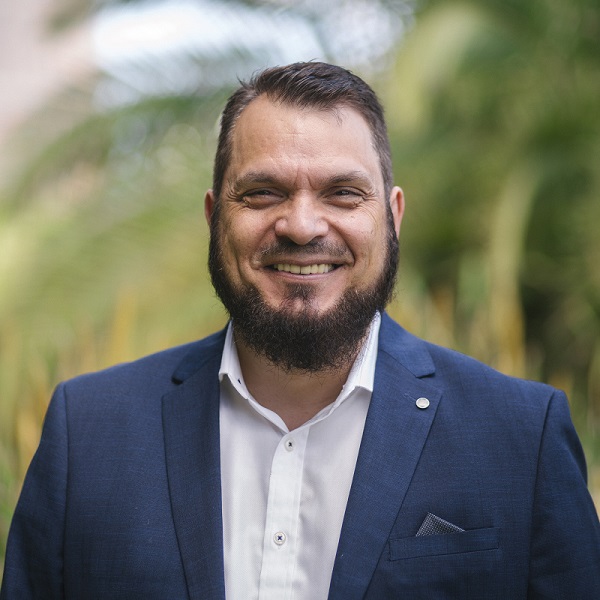
Bridging the Financial Divide: The untapped opportunity for inclusive growth in Australia
By Hakan Ozyon (pictured), CEO of Hejaz
As Australia looks to shape its economic future under new leadership, financial inclusion is once again front and centre. But if inclusion is to be more than a political talking point, the financial services sector must begin to address an enduring blind spot. There is a lack of culturally and ethically aligned financial products for large segments of the population, particularly the Muslim Community.
Globally, Islamic Finance is one of the fastest-growing segments in financial services, projected to reach US$6.7 trillion by 2027, according to the ICD-LSEG Islamic Finance Development Report. In Australia, over 800,000 Muslims are expected to exceed one million by 2050, a segment that remains significantly underserved by mainstream financial institutions.
This gap represents not just a social challenge, but a substantial market opportunity. We recently secured a €100 million funding facility from a UAE-based private wealth group – the largest of its kind for Islamic finance in Australia to expand our offerings across ethical home financing, superannuation, and SME lending.
The misconception that Islamic finance is a niche or religiously exclusive has limited industry engagement. In reality, the principles underpinning Islamic finance such as the prohibition of speculative behavior, avoidance of excessive interest, and a focus on ethical investing are closely aligned with the broader market shift toward ESG, long-term value creation, and responsible lending.
These principles are increasingly relevant across the board. Younger Australians and values-aligned investors are seeking transparency, fairness, and accountability in how their money is managed. Islamic finance offers a rigorously structured framework to deliver on those expectations, with a proven track record of capital preservation and resilience, particularly during periods of economic volatility.
For financial planners, asset managers, and superannuation providers, this represents an opportunity to innovate and differentiate. Incorporating faith-aligned or values-based products doesn’t mean overhauling entire portfolios. It means expanding access, diversifying offerings, and recognising that financial wellbeing is defined differently across communities.
It also means acknowledging who is being left out. A study by The University of Queensland shows that many Australian Muslims face barriers to fully participating in the financial system, with conventional superannuation products often failing to meet their religious and ethical needs. This leads to disengagement from essential wealth-building tools – a missed opportunity for both individuals seeking financial security and institutions aiming to broaden their reach.
The regulatory environment is starting to evolve, with ASIC and APRA showing greater openness to financial models that deliver both compliance and cultural alignment. But more targeted guidance is needed to create space for innovation without compromising oversight.
As policymakers debate the future of financial inclusion, now is the time to expand the conversation beyond digital access or fintech penetration. True inclusion must also account for ethical finance, while closing the gaps in participation and trust at home.
Inclusion, when done right, is a catalyst for long-term prosperity. Financial institutions that act early will not only expand their addressable markets. They will help shape a more resilient, equitable financial system for the next generation of Australians.


